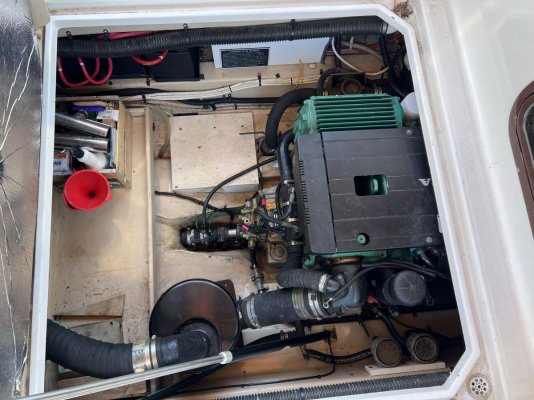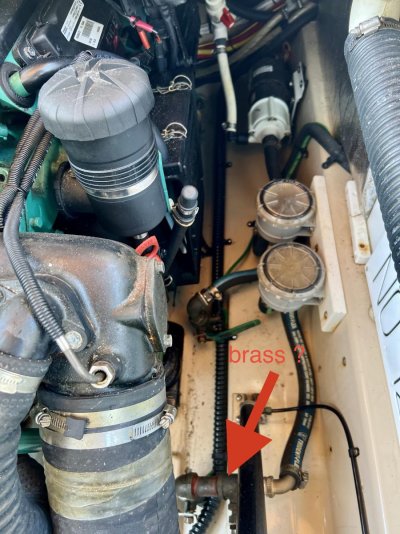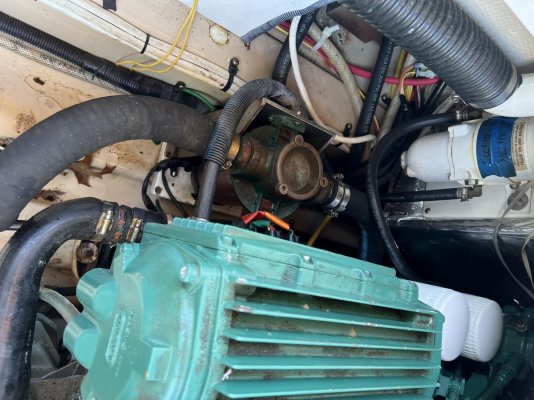fbroderick
Member
- Joined
- Sep 18, 2022
- Messages
- 8
I'm currently looking at ranger tug 29 2014 and have a concern with the oil pan being replaced. Current owners back story that the cutlas bearing water hose was stepped on causing a leak in bilge engine compartment. In addition to this the engine bilge pump failed causing high water situation and oil pan to rust out. my concern has water entered oil pan and been circulated through engine. The oil pan has been replace and all fluids replace with no hours put on the engine. I plan on having standard oil test taken not sure of the value with no hours on the engine. In addition have spoken to testing labs explaining the situation and they have both recommended Karel fisher test which is a moisture content test. Fire away please
Last edited:



